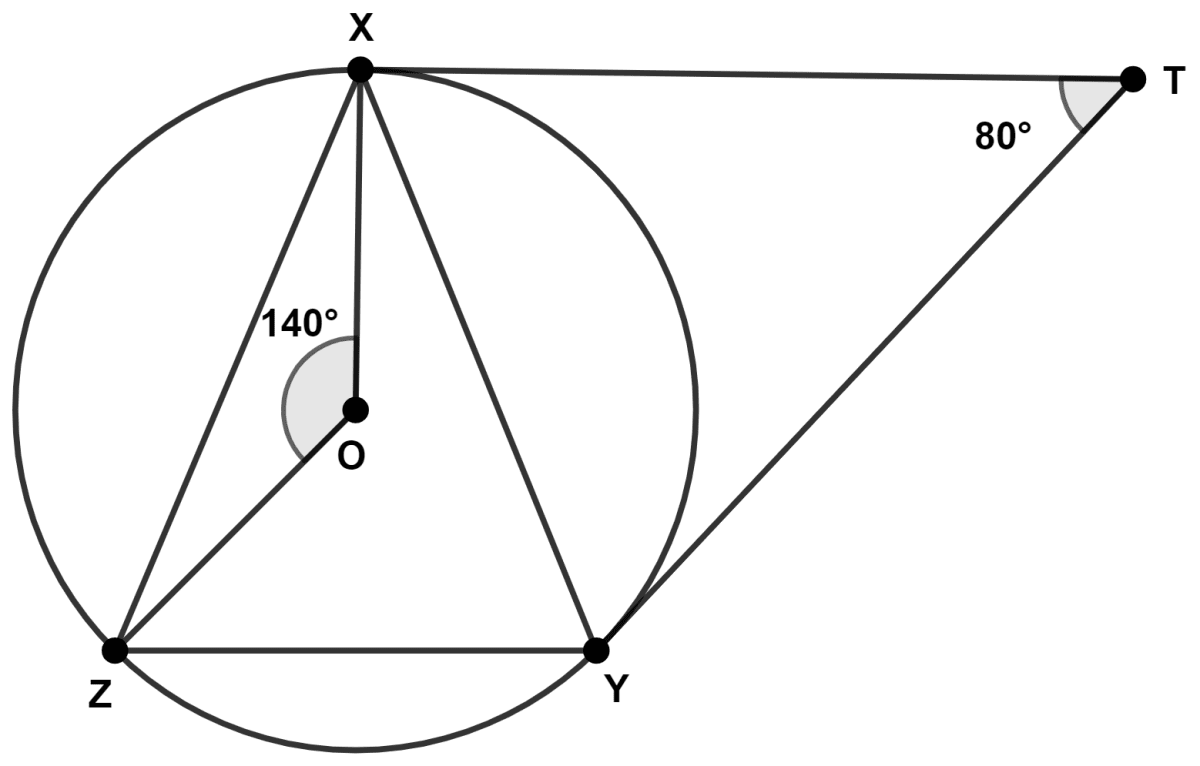Mathematics
Cards numbered 11 to 60 are kept in a box. If a card is drawn at random from the box, find the probability that the number on the drawn card is :
(i) a perfect square number
(ii) divisible by 5
(iii) a prime number less than 20.
Probability
3 Likes
Answer
Given,
Box contains cards numbered from 11 to 60.
∴ No. of cards present = 50
∴ No. of possible outcomes = 50
(i) Favourable outcomes for getting a perfect square number are {16, 25, 36, 49}.
∴ No. of favourable outcomes = 4
P(drawing a perfect square number)
= .
Hence, probability of drawing a perfect square number = .
(ii) Favourable outcomes for getting a number divisible by 5 are {15, 20, 25, 30, 35, 40, 45, 50, 55, 60}.
∴ No. of favourable outcomes = 10
P(drawing a number divisible by 5)
= .
Hence, probability of drawing a number divisible by 5 = .
(iii) Favourable outcomes for getting a prime number less than 20 are {11, 13, 17, 19}.
∴ No. of favourable outcomes = 4
P(drawing a prime number less than 20)
= .
Hence, probability of drawing a prime number less than 20 = .
Answered By
2 Likes
Related Questions
A cylindrical vessel with internal diameter 10 cm and height 10.5 cm is full of water. A solid cone of base diameter 7 cm and height 6 cm is completely immersed in water in the vessel. Find the volume of water left in the cylinder.
(Take )In the given figure, O is the center of the circumcircle of triangle XYZ. Tangents at points X and Y intersect at point T. If angle XTY = 80° and angle XOZ = 140°, find the angle ZXY.

Prove that : tan2 A + cot2 A + 2 = sec2 A. cosec2 A
In an A.P., eight times of 8th term is equal to fifteen times the fifteenth term. Find the 23rd term of the A.P.